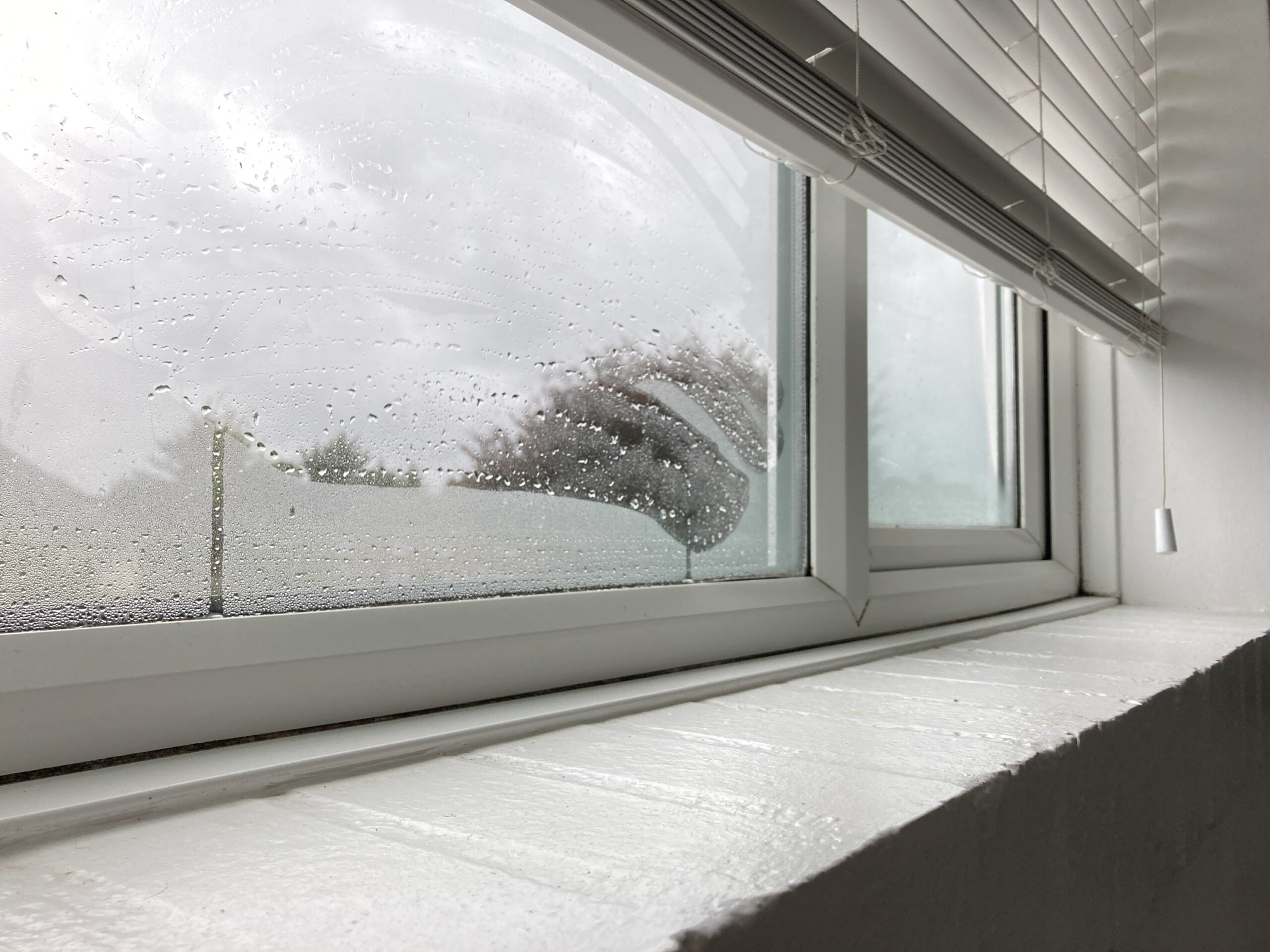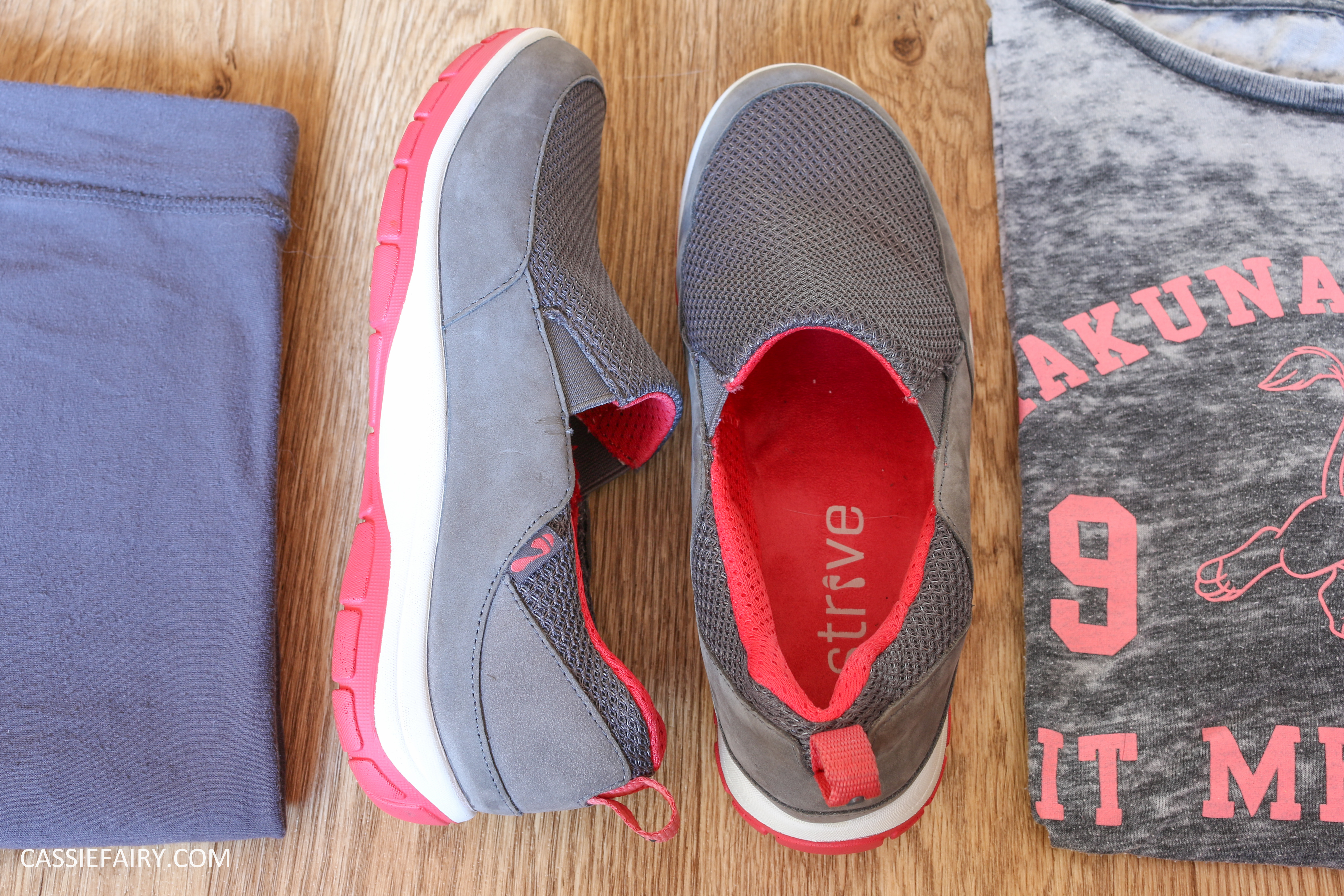We all know that saving money is crucial in life. Without savings, it’s impossible to cater for any emergencies that might arise, and it is far easier to slide into debt without even realising what’s happening. Even so, not everyone makes it their priority to save money when they have it. It’s fun to spend, and it can make you feel good, but saving is much more important. The problem is, with so many things to pay out for each month, putting any money away is sometimes difficult, and it can make people nervous – what if they need that money at the end of the month?

If saving money was made easier, you would be much more likely to do it. So I’ve come up with some of the easiest possible ways to ensure that you save rather than spend and, if you follow these tips, your savings’ account should soon be full and you won’t have to worry about having money for those essentials that come up from time to time.
MAKE A PLAN
It’s all very well saving for the sake of saving, but if you have a plan and a reason to save that money, you will be more likely to put it away in the first place, and less likely to use it on something else. So pick a reason for saving and watch your fund grow for that special event. It could be:
- A family holiday
- A wedding
- A new car
- Moving house
- A university fund
- Paying off debt
- Christmas
No matter what it is, once you have a reason to be putting money into a savings account (and a target amount to save up to – how much is that holiday going to cost you?) you will be in a better place psychologically to do just that. If there is no reason for saving, you might choose to dip into the money from time to time, and the more that happens, the harder it is to save up.
MAKE IT MANAGEABLE
Setting aside a particular amount of money each month is a great way to save. Not only will you know how long it’s going to take you to save for your goal, but you’ll also know how much you have to spend on daily items and other requirements throughout the month. This sounds like a great plan, but the problem lies in the amount that you put away.
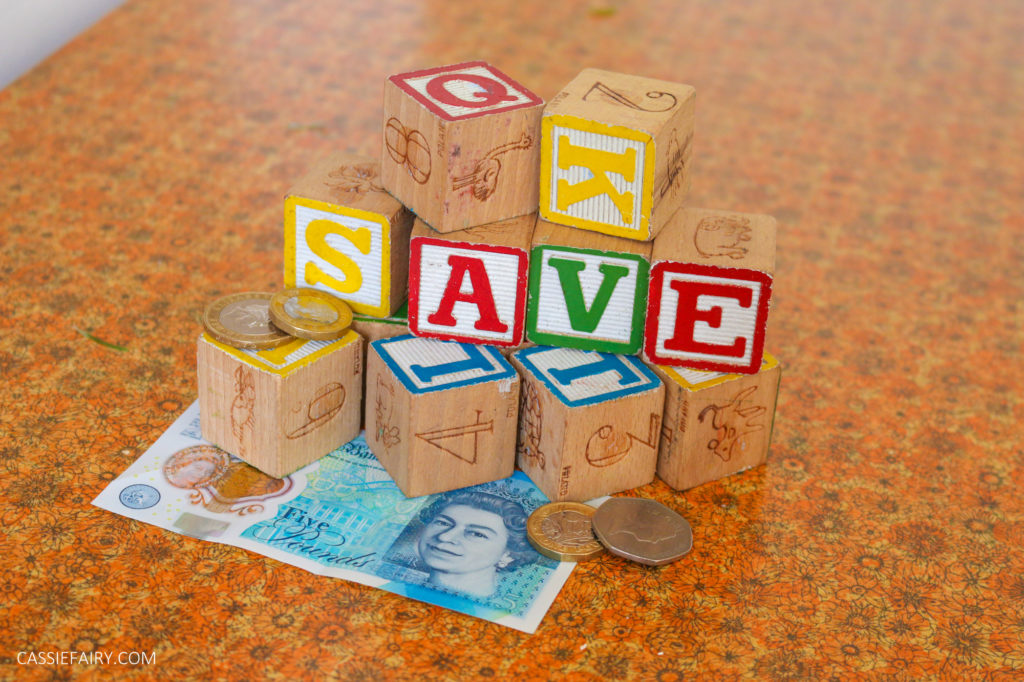
Make sure that it is something you can manage and that you won’t miss. If you start to get into trouble paying your bills because you have put too much away into your savings, you’ll need to adjust what you are doing straight away. It’s good to save, but you must be careful not to cause issues elsewhere. If you start with a small amount and slowly build this up to a point where you are comfortable and where it won’t affect the rest of your everyday life, you’ll have reached the ideal balance.
HAVE AN EMERGENCY FUND
The problem that some people have is that they are keenly saving for something, and then an emergency crops up. Their car may breakdown (yes this happened to me last week, argh!) or have a flat tire, or there might be a problem within the house, or perhaps they need to make a trip to see relatives, and so on. These things happen without warning, and can be costly. But this won’t be a problem if you have savings for an emergency!
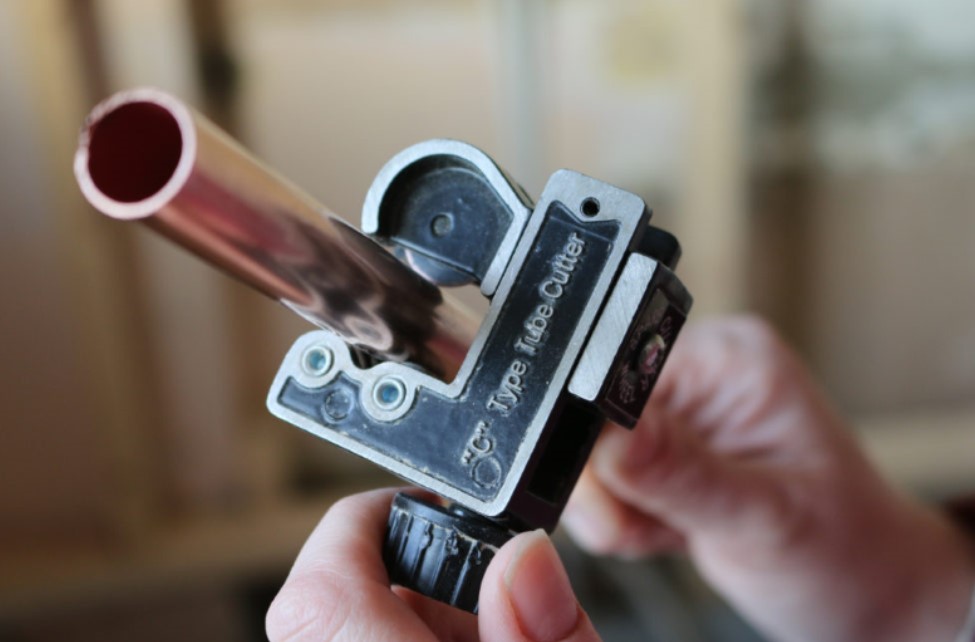
Because the idea of saving for that one particular goal is so ingrained, some people can be reluctant to use that money for anything else. So they pay for their emergencies using a credit card, or by getting a loan. Then, not only are they saving, but they have to pay these funds back too.
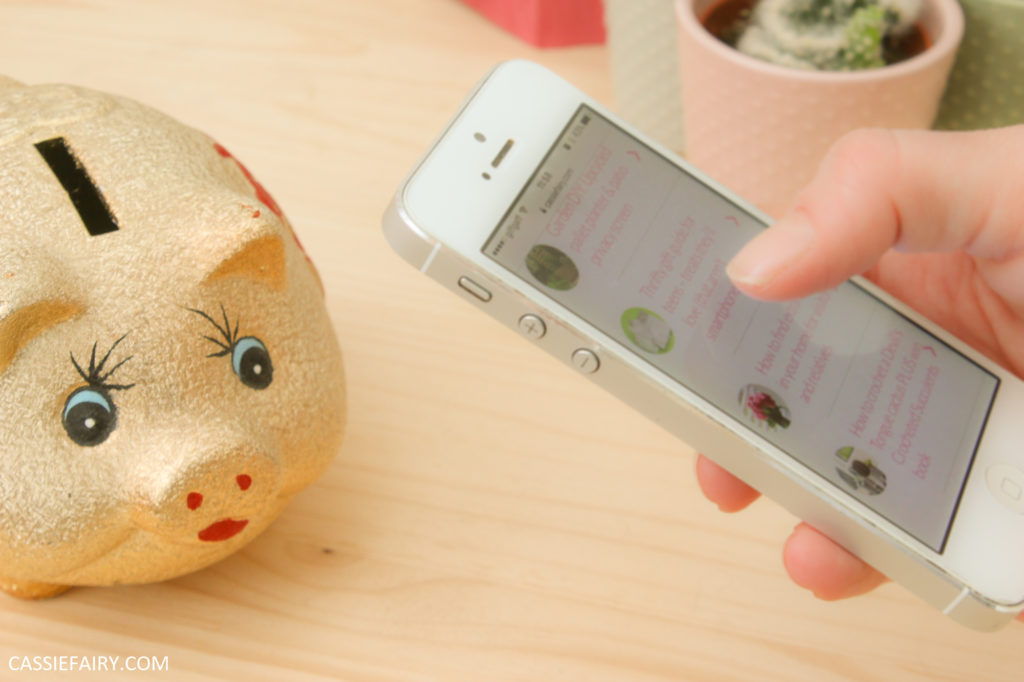
This is why it can be useful to have two different savings accounts. One is for a particular thing, and one is for emergencies. Split the costs, or just top the emergency fund up once in a while. However you decide to do it, by having these in place you’ll be safe in the knowledge that if you do have an emergency and need to fix the problem of a burst pipe, you’ll already have the finances available to sort the problem without getting into financial trouble.
TRANSFER MONEY ON PAYDAY
Once you get paid, it might be tempting to spend some of your money on a little treat, and if you feel that way you won’t be the only one; the Saturday after payday is called ‘millionaires’ day’ for a reason – more money is spent on this day than at any other time during the month. However, instead of spending your money instantly, it’s a good idea to put your savings to one side right away. Calculate your essential outgoings (your bills, the rent or mortgage, gas and so on), and then put a portion of your leftover money into savings.
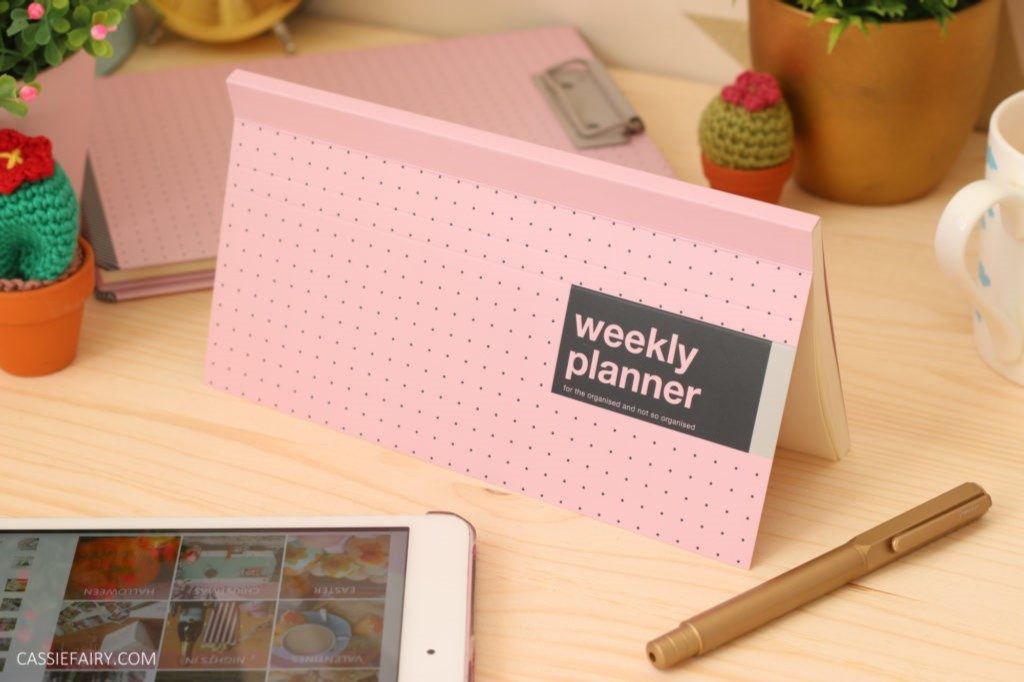
If you wait until the end of the month and then try to put any leftover money away, you’ll find it a much harder thing to do, and there will be less of it to save. You won’t have spent the money on any essentials, but you will have spent it. If it’s not there to spend, you won’t miss it, so save it early on, and you’ll have an easier time building up your back-up fund.

Saving money isn’t always easy, but it IS possible. You might even find that soon enough, you have reached your target goal and can afford what it is you set out for in the first place. And then you absolutely deserve that treat! Let me know how you manage to save money in the comments below, I’d love to hear your advice 🙂



















